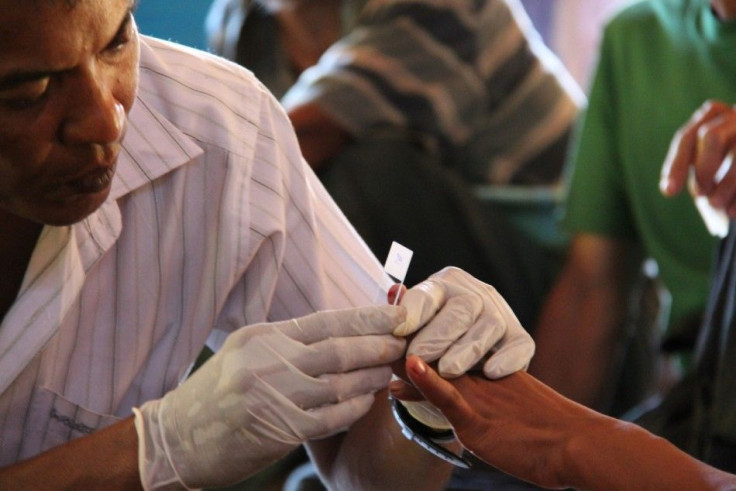Drug-Resistant Malarial Bug Declared As A Global Threat; Spreads Across Southeast Asia With New Strains Found Near The Indian Border

In a new study conducted by a group of researchers, it has been found that the spread of drug-resistant malaria parasite is taking place across the Southeast Asia at a significant rate. In such cases of malaria, the bug cannot be treated by the common class of drugs, artemisinins, which are traditionally used for the treatment of the deadly disease.
It has been reported that the parasite has spread across Southeast Asia, including Cambodia, Myanmar, Laos and Vietnam. According to a recent survey report published in the Lancet Infectious Disease Journal, the strains of Plasmodium falciparum, the drug-resistant parasite, are prevalent at the northwest border of India. Therefore, strict precautionary measures to avoid the outbreak of the epidemic is sternly recommended at the prone areas.
"We are facing the imminent threat of resistance spreading into India, with thousands of lives at risk,” said Mike Turner from Wellcome Trust in an interview.
The survey was conducted across 55 malaria treatment centres in Myanmar wherein 940 samples of blood were taken from people infected with the malarial parasite. More than 40 percent of the patients were found to be genetically mutated, and as a result, they become resistant to artemisinins.
Researchers across the world are worried about the spread of the new malarial parasite to the rest of the world, to Africa in particular. It has been reported that about 90 percent of the malaria deaths occur in Africa alone, making it more susceptible to the emergence of the parasite.
To report a problem or to leave a feedback on the article, send an e-mail to emailtoguneet@gmail.com.





















